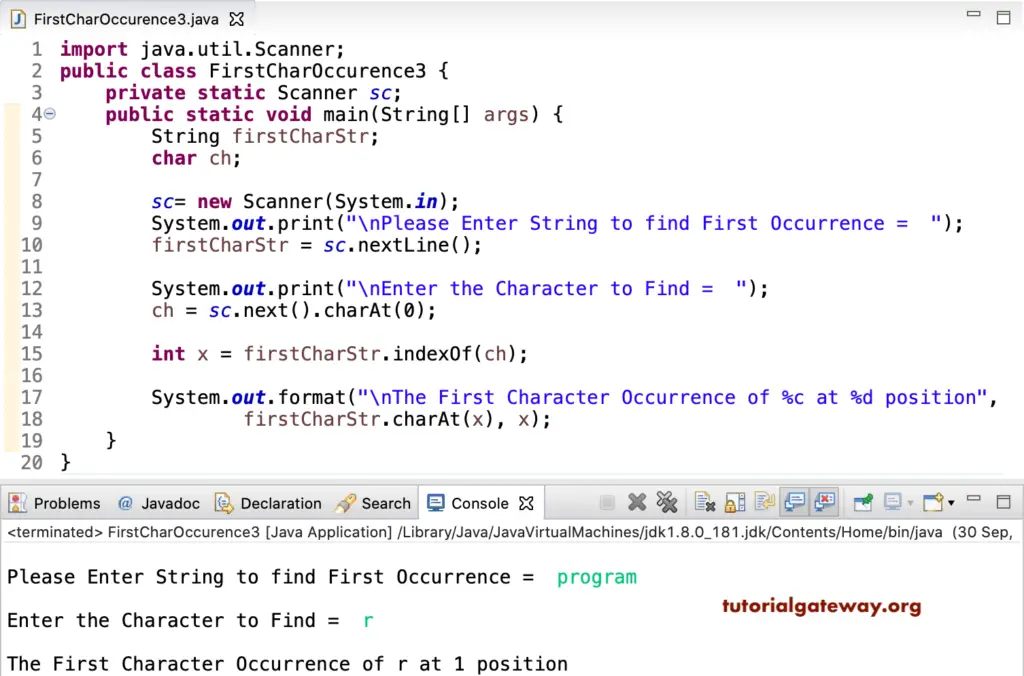

NLTest | FIND /I "ABC">Nul & ( Echo.Found "ABC" ) || ( Echo.Did not find "ABC" )Īs you can see this is the superior way to handle the check for multiple reasons. -type f -name 'f' sed -r 's/ /+' sort uniq The above finds all files below the current directory (.) that are regular files ( -type f) and have f somewhere in their name ( -name 'f' ). "Going to evaluate this entire string for ABC as well!" "Some long string with Spaces does not contain the expected string" Multi-line: ECHO.%Variable%| FIND /I "ABC">Nul & (Īs mentioned this is great for things which are not in variables which allow string substitution as well: FOR %A IN ( Use: Find "Characters to Match"Īs Single Line: ECHO.%Variable% | FIND /I "ABC">Nul & ( Echo.Found "ABC" ) || ( Echo.Did not find "ABC" ) In addition, many times it is preferable to match command output, a variable in a loop, or the value of a pointer variable in your batch/CMD which is not as straight forward.įor these reasons this is a preferable alternative methodology: ( What a pain! At only 3 letters that means 9 different tests in order to accomplish the check! ) The method with 78 points (I believe I was referring to paxdiablo's post) will only match Case Sensitively, so you must put a separate check for every case variation for every possible iteration you may want to match.

If a pathname is not specified, FIND searches the text typed at the prompt or piped from another command.
#Cmd find file containing string windows 10#
You must also consider if you would like to match case sensitively or case insensitively. Windows 10 Windows 11 Find syntax Windows Vista and later syntax Windows XP and earlier syntax Windows Vista and later syntax FIND /V /C /N /I /OFF LINE 'string' drive: pathfile name. log.gz via regex : paths : /var/log patterns : "^.*?\\.(?:old|log\\.gz)$" size : 10m use_regex : yes - name : Find /var/log all directories, exclude nginx and mysql : paths : /var/log recurse : no file_type : directory excludes : 'nginx,mysql' # When using patterns that contain a comma, make sure they are formatted as lists to avoid splitting the pattern - name : Use a single pattern that contains a comma formatted as a list : paths : /var/log file_type : file use_regex : yes patterns : _.For compatibility and ease of use it's often better to use FIND to do this. Now I want to use the dir cmd command to search for the following: - a filename, containing both the strings holiday and 2017, in no particular order, and the file extension must match any of the following.
#Cmd find file containing string movie#
name : Find /var/log files equal or greater than 10 megabytes ending with. 1 I have a hard drive containing really unorganized folders of movie files. log.gz : paths : /var/log patterns : '*.old,*.log.gz' size : 10m # Note that YAML double quotes require escaping backslashes but yaml single quotes do not. name : Recursively find /tmp files older than 2 days : paths : /tmp age : 2d recurse : yes - name : Recursively find /tmp files older than 4 weeks and equal or greater than 1 megabyte : paths : /tmp age : 4w size : 1m recurse : yes - name : Recursively find /var/tmp files with last access time greater than 3600 seconds : paths : /var/tmp age : 3600 age_stamp : atime recurse : yes - name : Find /var/log files equal or greater than 10 megabytes ending with.

Collections in the Kubernetes Namespace.Collections in the Junipernetworks Namespace.Collections in the F5networks Namespace.Collections in the Containers Namespace.Collections in the Cloudscale_ch Namespace.Collections in the Chocolatey Namespace.Collections in the Check_point Namespace.

Virtualization and Containerization Guides.Protecting sensitive data with Ansible vault.


 0 kommentar(er)
0 kommentar(er)
